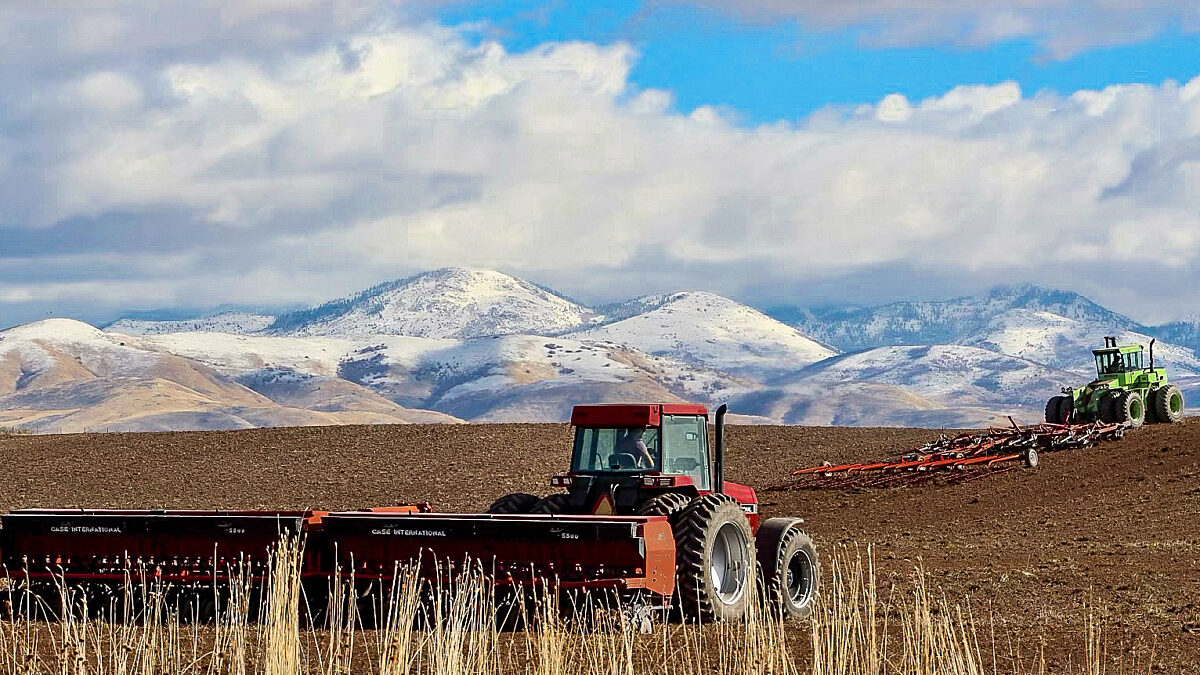USMCA Benefits Farmers and Ranchers
TOPICS
USMCAGuest Author
Special Contributor to FB.org

photo credit: Jason Fellows, Used with Permission
Guest Author
Special Contributor to FB.org
By Tyler Davis
On July 1, the United States-Mexico-Canada Trade Agreement was officially implemented. The USMCA offers a fair free trade agreement that focuses on modernization and impartiality.
Under its predecessor trade agreement, NAFTA, many agricultural products that were exported from the U.S. to Canada suffered from an unfair pricing scheme, poor market access and protective regulations. The USMCA provides new market access for all U.S. agricultural products, a fair non-discriminatory pricing plan, and improved grading standards for products going forward.
The USMCA offers a fair free trade agreement that focuses on modernization and impartiality.
Over the past 20 years, there have been many technological advancements, especially in the agriculture sector. Unfortunately, the provisions in NAFTA were no longer up to date with these advancements and the agreement was quickly becoming obsolete.
USMCA includes provisions that enhance science-based trading standards among the three nations as the basis for sanitary and phytosanitary measures for ag products, as well as progress in the area of geographic indications. The USMCA is also the first free trade agreement to address cooperation, information sharing, and other trade rules related to biotechnology and gene editing.
The overhaul of NAFTA into the USMCA was completely necessary and could not have come at a better time. The agriculture industry is rapidly changing and advancing with new conservation measures, genetic modification advancements, geographic indicators and many other technological advances. Simply put, the industry needed an updated trade agreement that would serve the best interests of all the countries and be relevant in times to come.
The expected $2 billion annual increase in U.S. agricultural exports to Canada and Mexico and overall increase of $65 billion in gross domestic product will provide a welcome boost for farmers and ranchers, many of whom are struggling to recover from COVID-19 losses and a depressed agricultural economy.
Tyler Davis is government relations manager at Arizona Farm Bureau. This column originally appeared as a blog post published by Arizona Farm Bureau.